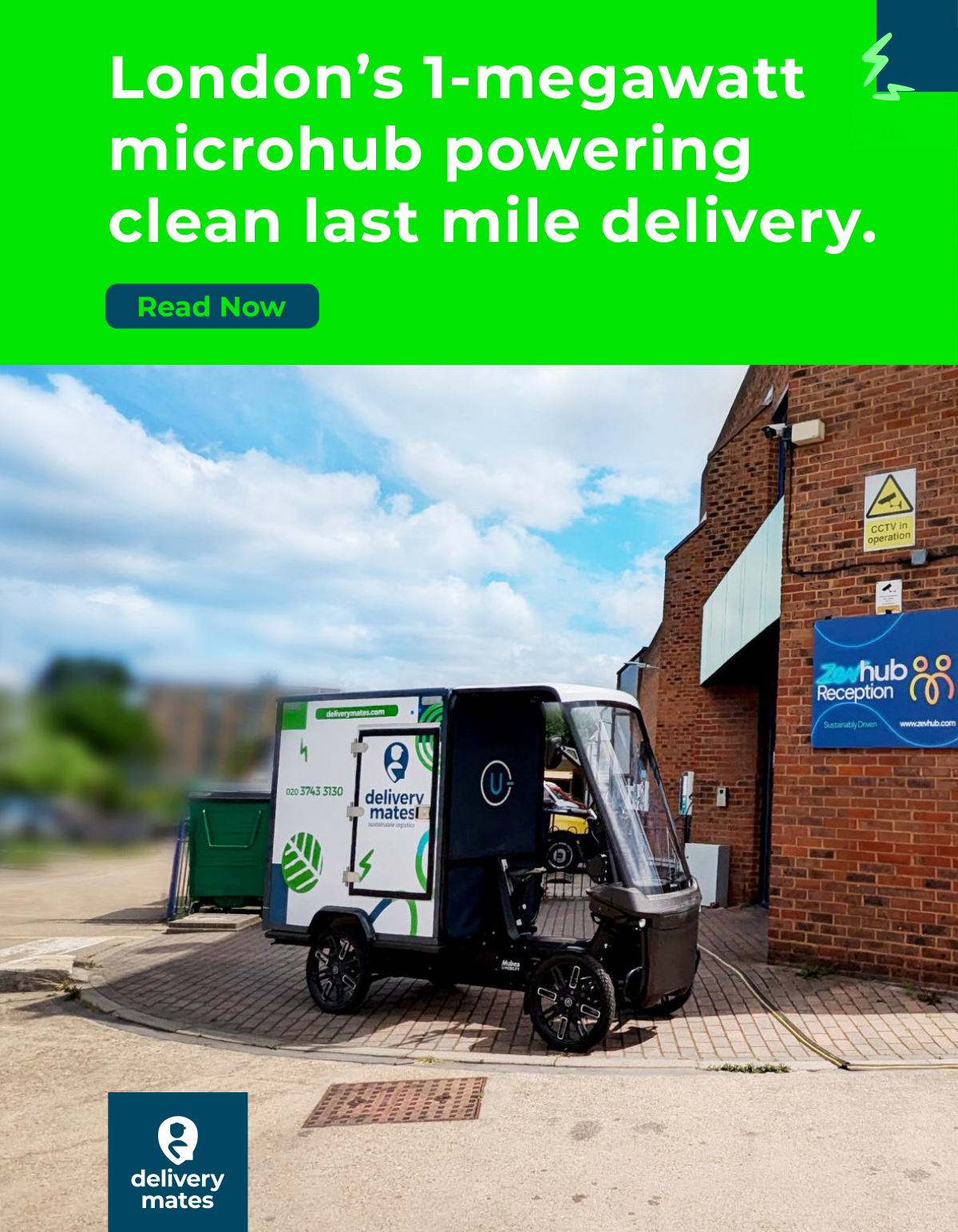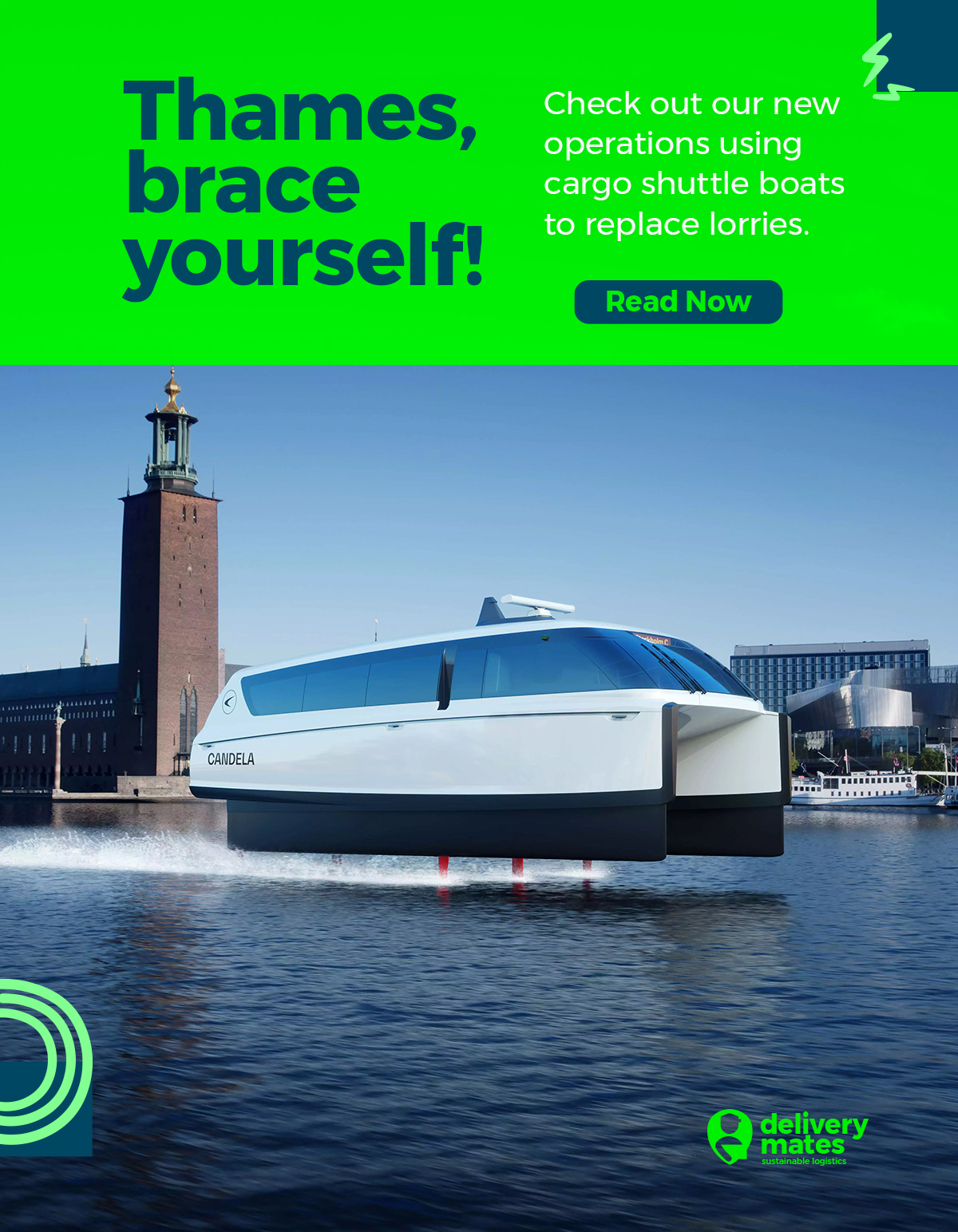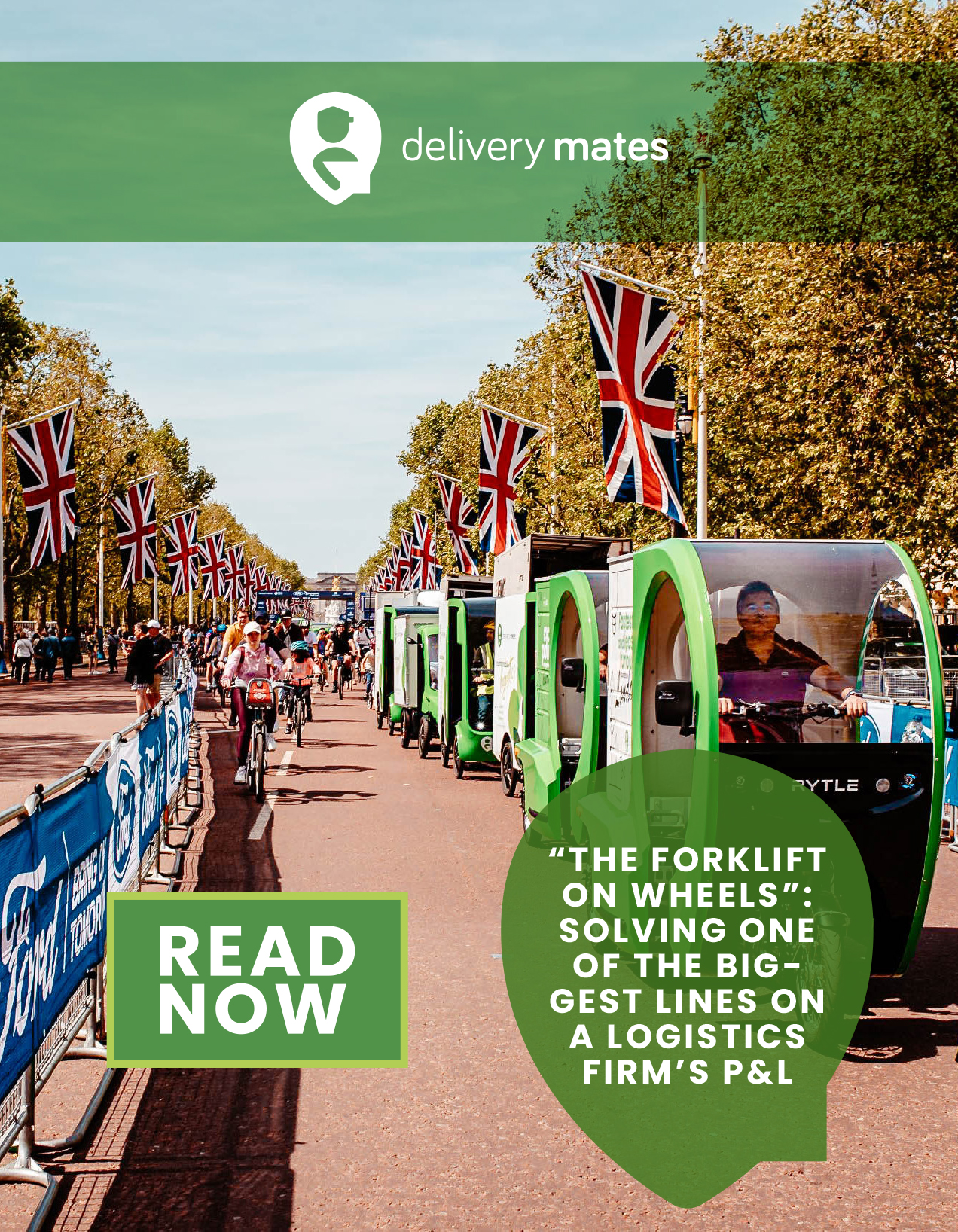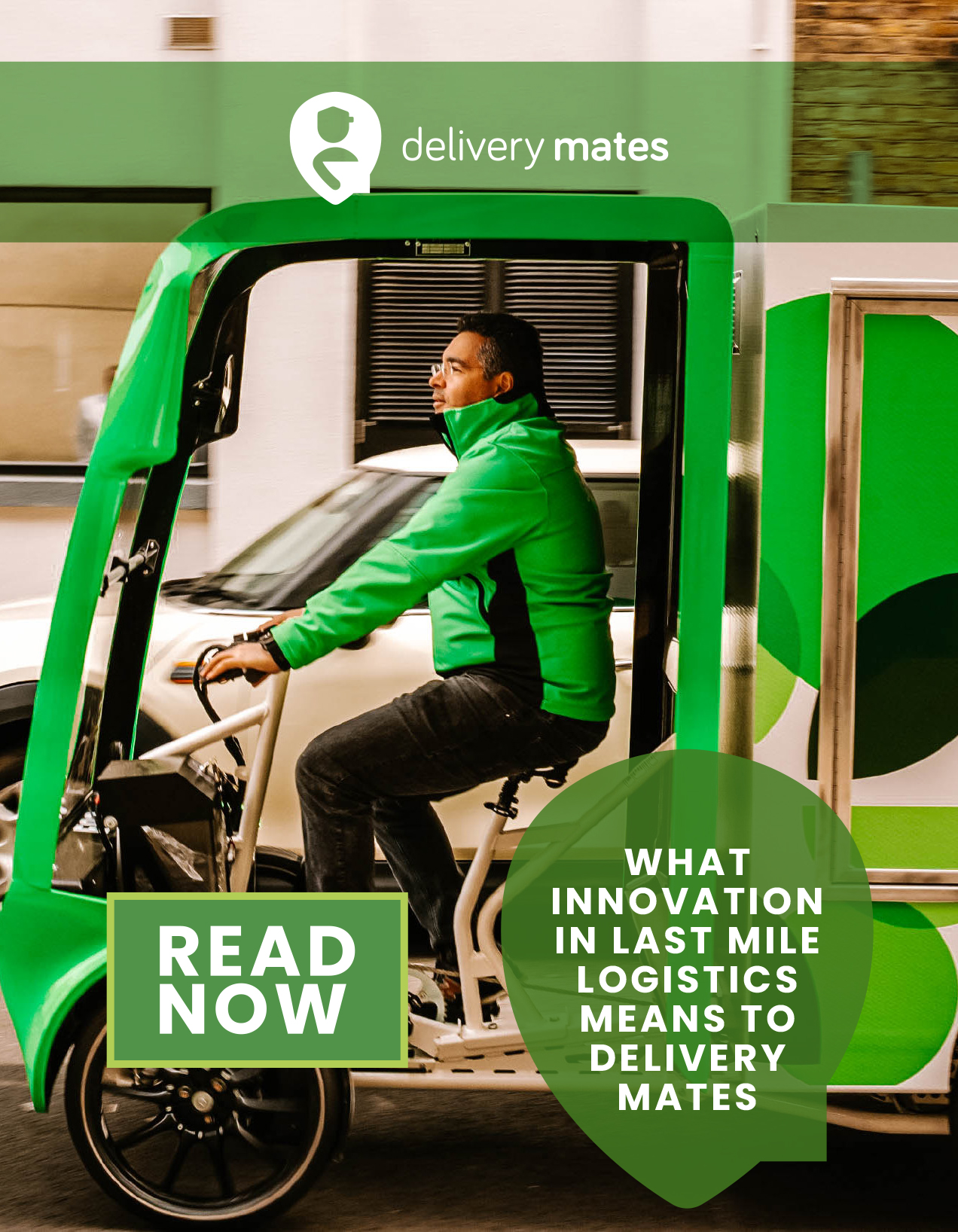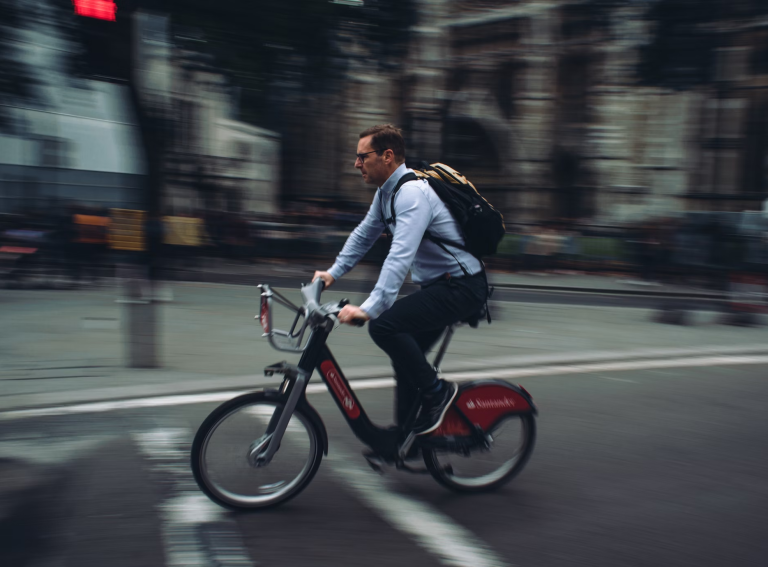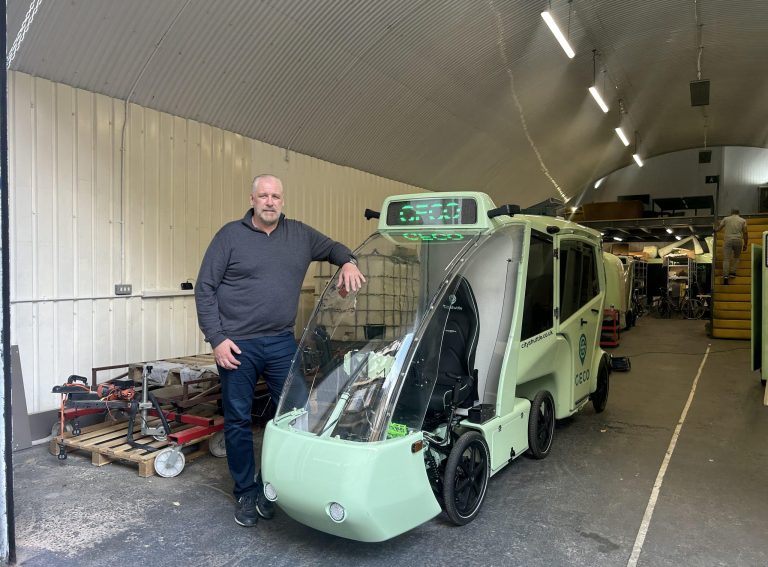The New York City Department of Transportation (DOT) has launched a pilot programme to test local delivery hubs where goods will be moved using sustainable forms of transportation rather than trucks.
The “microhubs” will be placed in strategic locations for delivery trucks to unload items. These will then be transferred onto smaller vehicles such as cargo bikes to complete the final part of the delivery process.
This comes as a response to over 80% of New Yorkers receiving at least one package per week. According to DOT, the plan will help reduce emissions and make deliveries more environmentally friendly.
Starting this summer, the pilot programme will have multiple phases. DOT will launch up to 20 local delivery hub sites to test both curbside and off-street hubs taking into account the proximity to high-density areas, truck routes and bike lane networks.
During the first phase, DOT will monitor hub operations to collect data and refine strategies to ensure equitable implementation for both small and large companies.
The second phase will run from fall 2024 to 2026 and will expand the number of local delivery hubs and delivery partners. This phase will also explore regulatory changes, examine new technology and gather lessons to develop a permanent local delivery hub programme.
A final report on the programme is targeted for late 2026.
“New Yorkers are receiving more deliveries than ever before, and we are pursuing creative ways to make these deliveries cleaner, safer, and more efficient by reducing the number of delivery trucks on our roads,” said NYC DOT Commissioner Ydanis Rodriguez.
In London, the Cross River Partnership recently launched a similar initiative where boats are bringing pallets of goods down the River Thames to be unloaded onto cargo bikes for the last leg of the delivery process, thereby making streets safer, cleaner and less congested.
Fiona Coull, Cross River Partnership Programme Manager, told Zag Daily: “Micro-logistics hubs can help to reduce petrol or diesel car travel by promoting healthy, greener and more efficient deliveries.
“This is particularly the case when low emission vehicles, such as cargo bikes are used for the last mile. Cross River Partnership has worked with several of our partners to deliver green logistics solutions in London. Our collaborative projects clearly highlight that cargo bikes are becoming an increasingly popular inner-city sustainable solution for final mile collection and delivery. Seeing how these solutions can be implemented in other major cities like New York is brilliant, and we look forward to seeing how the hub plays its part in reducing congestion, removing emissions and creating a safer environment.”

